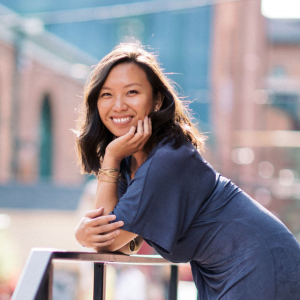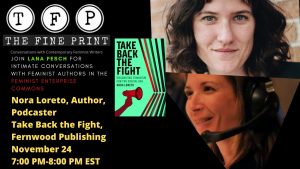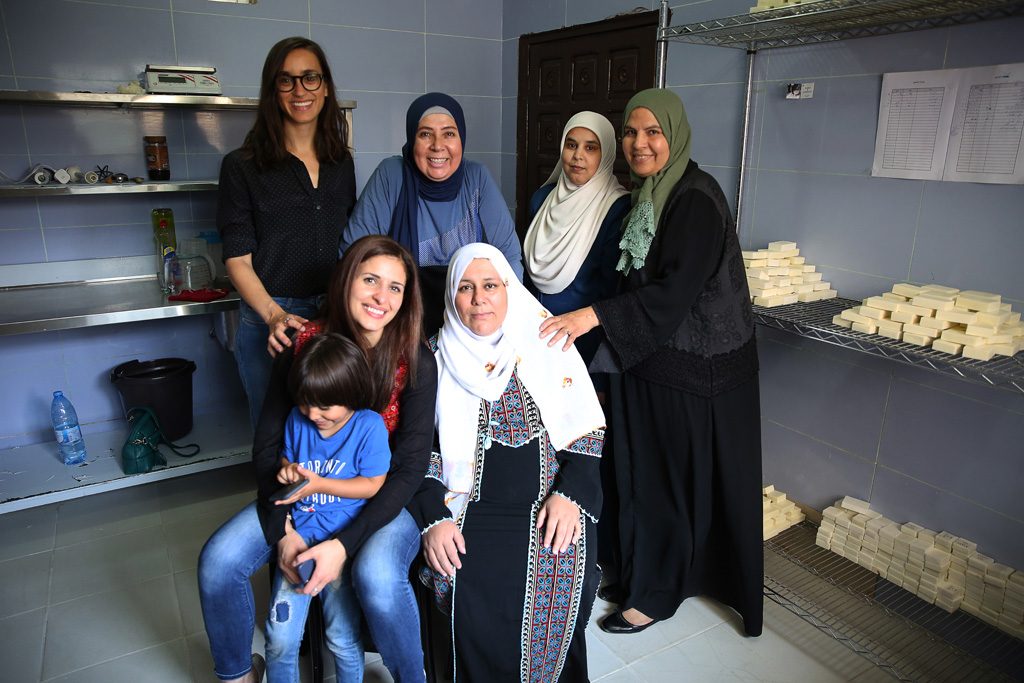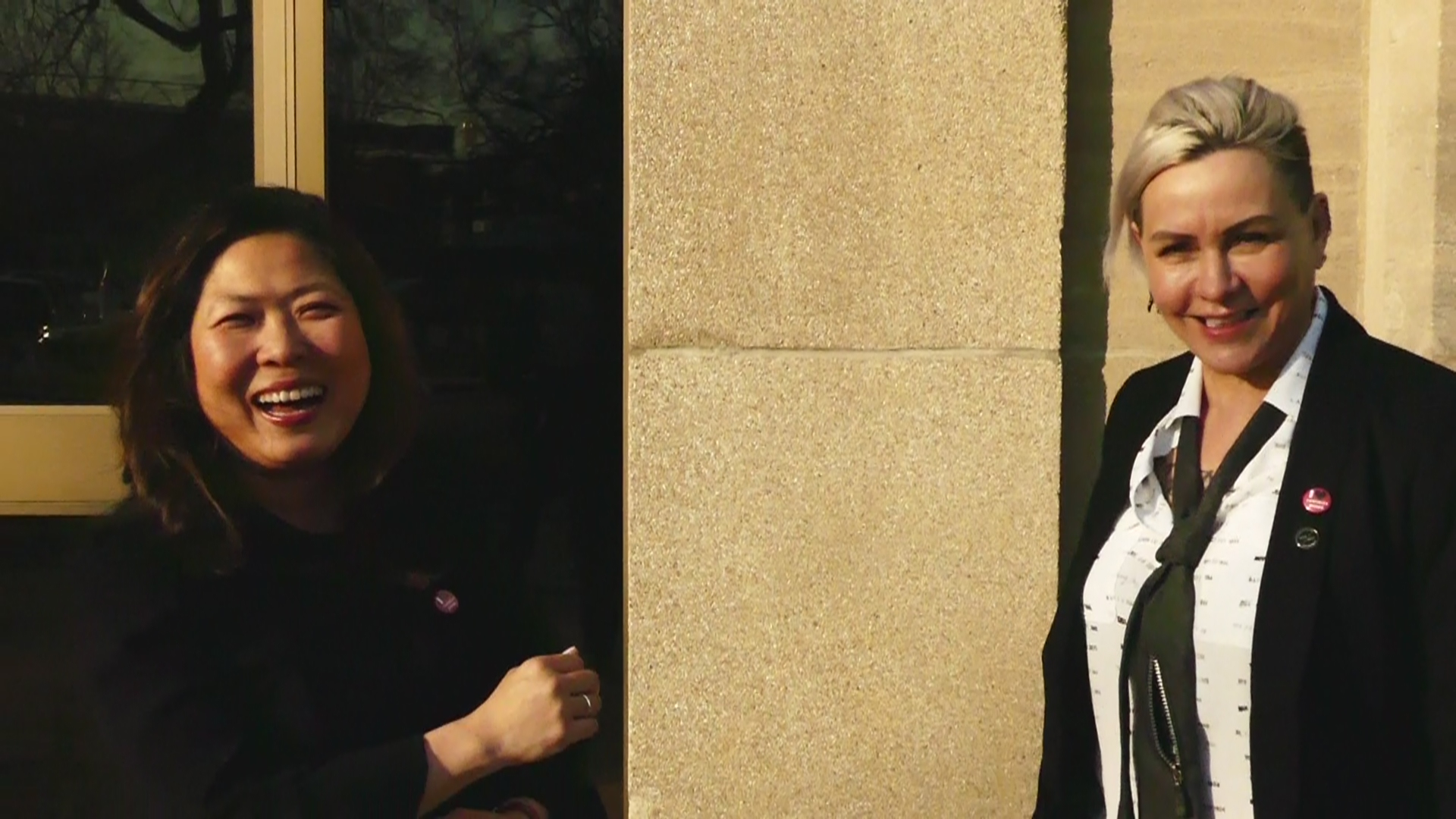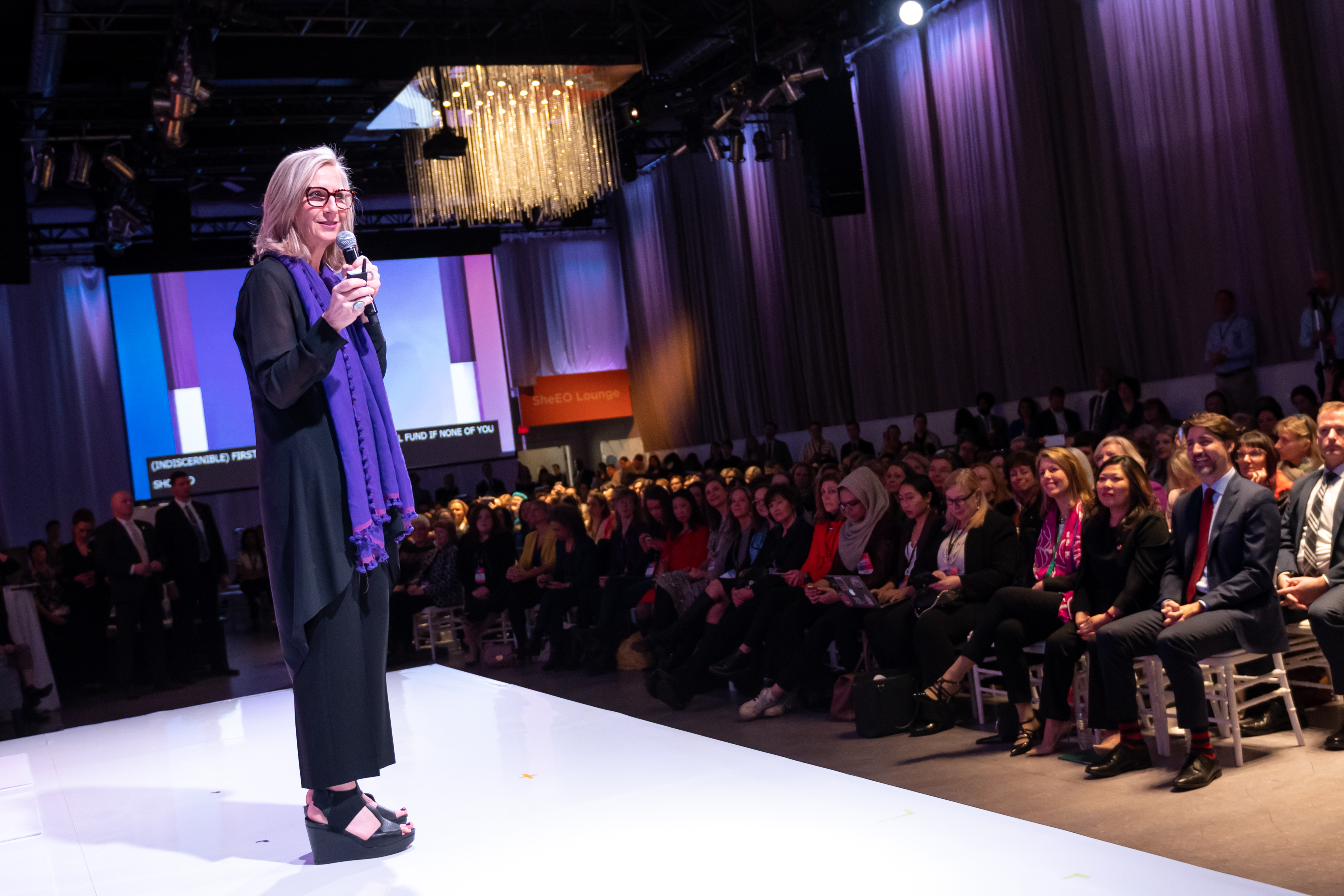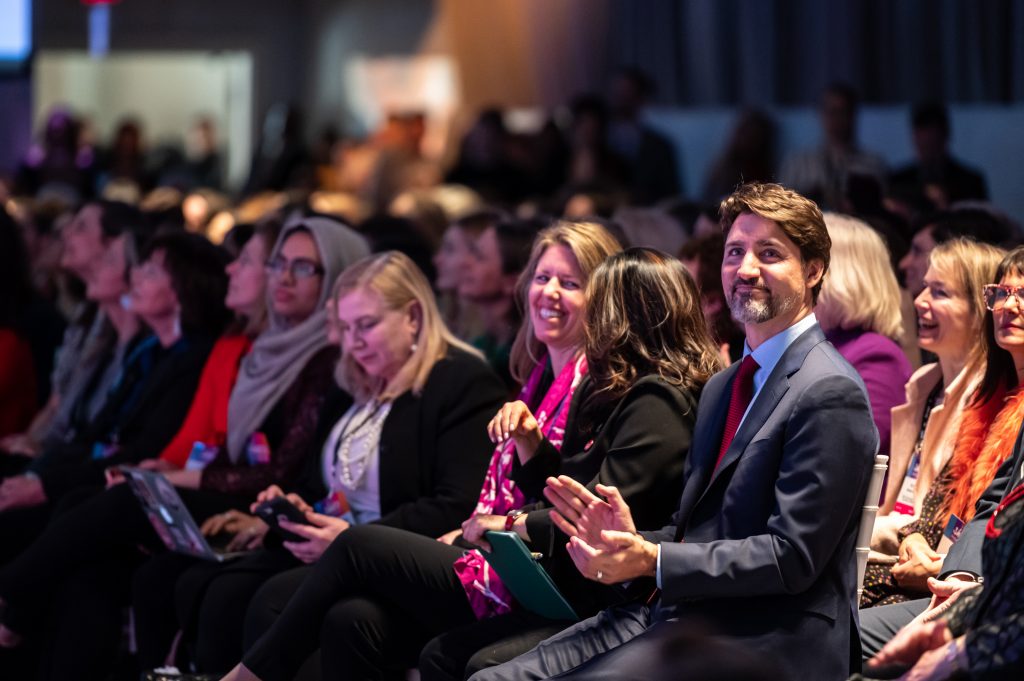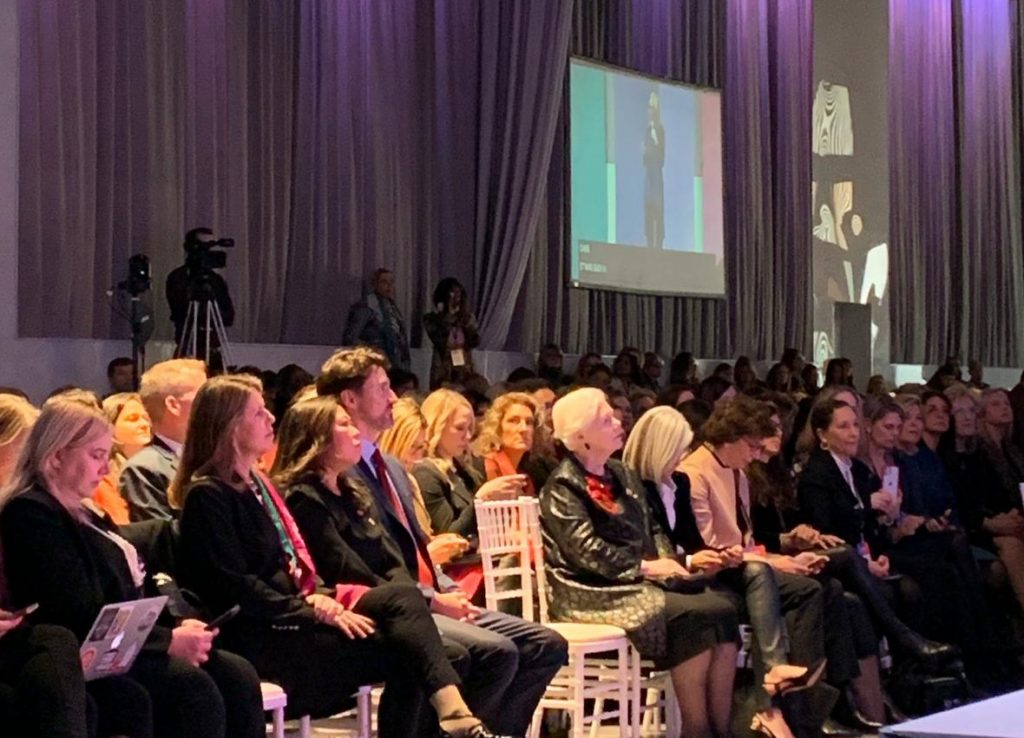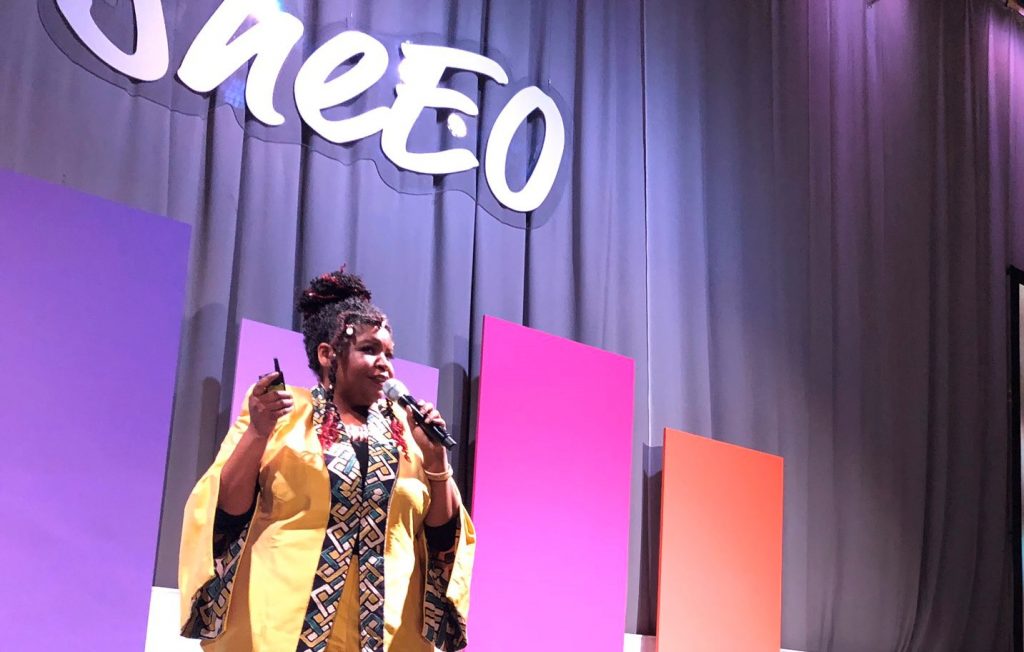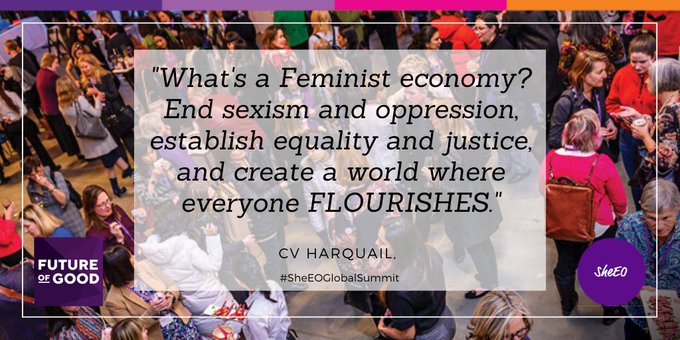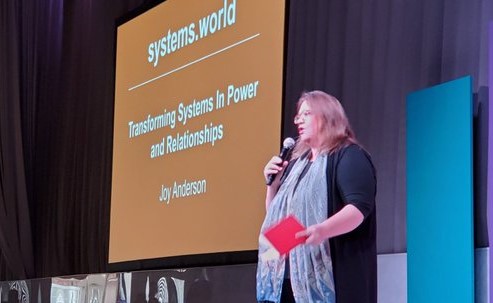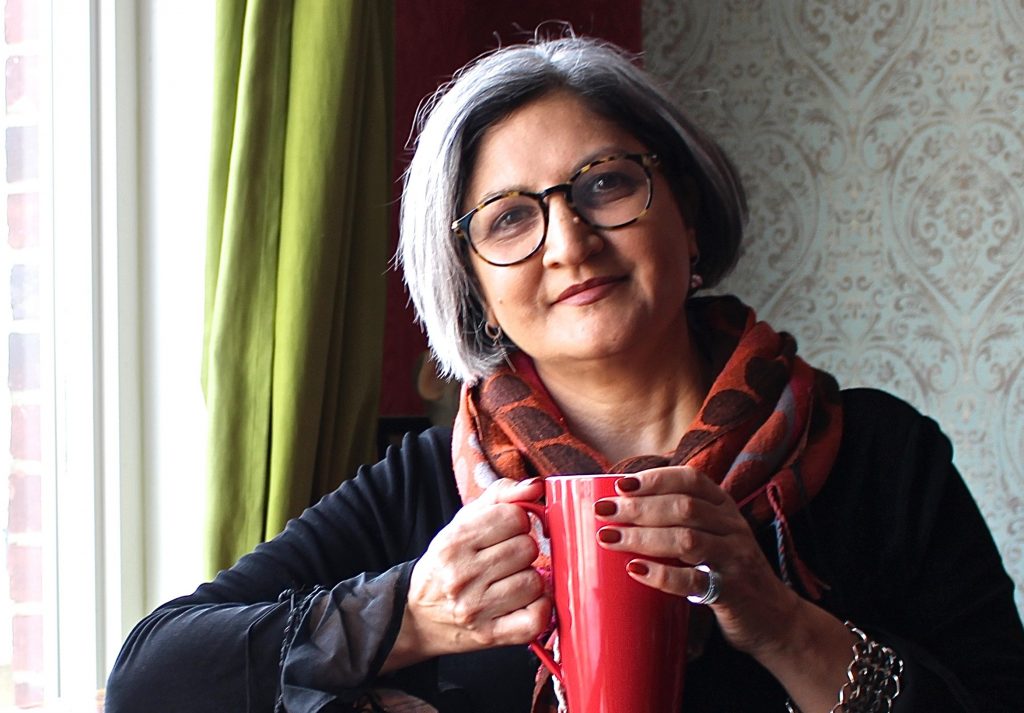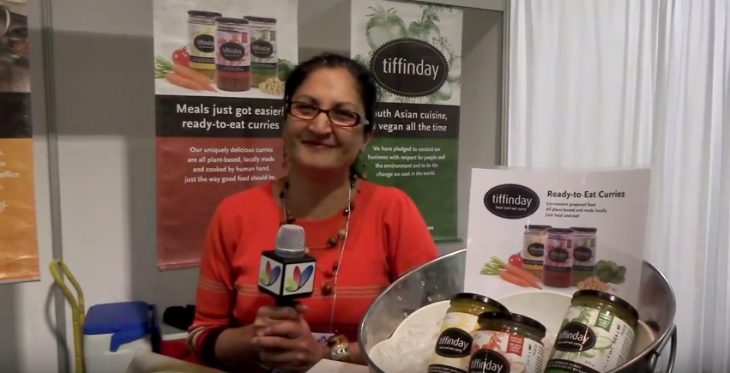
Image by Clique
VIEWPOINT
Growing Into Feminism
In her book “Living a Feminist Life”, Sara Ahmed asked the question: “When did feminism become a word that not only spoke to you, but spoke you, spoke of your existence, spoke you into existence?”
In other words, how does someone reach a point when, without apology, you identify as a feminist? Especially when it seems the only place you can find courses on the subject are in university calendars?
Last week, CV Harquail, a colleague, shared this remarkable article with me: Amanda Sinclair’s Five movements in an embodied feminist: A memoir. Sinclair says we become feminists over time by experiencing physical and intellectual struggles thrown at us by a system that routinely subordinates women and gender minorities. She says our lived experiences and feelings lead us to feminism. We don’t seek it out. It finds us.
I decided to consider my own journey and put this theory to the test.
My first awareness of feminism came in 1975, which coincided with the United Nations’ declaration of the Year of the Woman. I learned about Gloria Steinem. Morgentaler risking his life to open abortion clinics to make the procedure safe and more available to women in Canada. The Equal Rights Amendment in the United States (and a woman!) Phyliss Schafly fighting against the extension of women’s rights. Cheeky Iona Campagnolo who ran for leadership of the Canadian liberal party and endured a pat on the bum from the eventual winner…and returned it! Iris Rivera, who taught us you can get fired for not making your boss a cup of coffee.
When all this turbulent media coverage swept over me, I was 13 years old…
To continue reading VIEWPOINT, by LiisBeth Founder and Publisher, Petra Kassun-Mutch, click here.
THIS WEEK ON LIISBETH

Parachute Voltige (photo credit: Daniel Lepôt)
100% Feminine: 14 Women Reaching New Heights in Canadian Skydiving
When it feels like the sky is falling, why not jump out of a plane? Lana Pesch takes us on her journey of setting a new Canadian skydiving record this past summer and the value of role models, collaboration and discipline, and taking calculated risks. Read about the power of passion here.
Heads up! This is a longer than usual piece for us. 3200 words worth of adrenaline infused narrative. Buckle your seatbelts and enjoy the ride.

WEAR IT LOUD AND PROUD
We love political T’s.
It’s how we discovered Jamie “Boots” Marshall’s t-shirt shop on Etsy. Marshall is an artist and graphic designer. In the past she’s worked as a freelance illustrator and art director, but her main focus has always been t-shirt design. Currently, she owns and runs Boots Tees, an online shop for her t-shirts, art, and other fun stuff. Her hobbies include: reading, board games, and fighting the patriarchy
We LOVE her work so we got her to help us create our first feminist entrepreneurship T-shirt! LiisBeth is not in the T-shirt business. But Marshall is. So we promote and she gets the sales. A win-win collaboration! #buywomenled
The shirt is available at $32.00 here. For a 10% discount use the LiisBeth reader discount code: LIISBETH10
We will also be selling the shirts at the upcoming FAC “Framed by Feminists” market at the Gladstone Hotel, in Toronto, on Sunday, Oct 28th, from 10 a.m. to 4 p.m. Come and see us! Sitting behind a computer gets a little lonely sometimes!
ATTENTION: THIS FORUM IS DESIGNED FOR ENTERPRISES LOOKING TO ADVANCE SOCIAL JUSTICE AND GENDER EQUALITY

The 2018 Entrepreneurial Feminist Forum in Toronto is only 6 weeks away!
What’s in store this year? If the list above is too small to read on your phone, get the full speaker bios and session details here! The EFF 2018 includes three thought provoking foundational talks, three deep dive lab sessions, six 90 minute “think and do” workshops, two embodied movement classes, journaling and creative writing break rooms, a poster session, reception and more! Watch for updates and get your tickets here.
The early bird rate is $250 (till Oct 31st). Regular $299. Student rate is $99. FOR TWO WHOLE DAYS!
Watch for news about our official transportation partner & childcare support! And local dog walking services too!
SEE YOU THERE!

Biusual Studios
HOW TO UNLOCK BILLIONS OF UNREALIZED GROWTH LED BY ENTREPRENEURIAL WOMEN?
Did you miss LiisBeth’s Op Ed in the October 16th Globe and Mail Small Business Report online?
No worries, you can also read it here.
The main point? We called on Mary Ng, the Canadian minister of small business and export promotion, to do something bold with the new $85M in funding for support for women entrepreneurs she announced in September. You can read the release here.
We would love your input and comments!

Design by Merian Media
What is the Story Behind LiisBeth’s Symbol?
When you start exploring LiisBeth, you will see our ¤ icon throughout and you might wonder, what does it represent? It is actually an adaptation of the international typographic symbol used to denote an unknown currency, which we thought was the perfect starting point for creating a graphic representation of LiisBeth’s inclusive and empowering ethos. And more! To read the full story, click here.
LIISBETH FIELD NOTES

Gender Equality Network Canada – Youth Panel Discussion – Sept 18 2017
Have You Heard about Canada’s Gender Equality Network (GEN)?
Well, we had, but weren’t exactly sure what it was. So we spoke with Ann Decter, Director of Community Initiatives & Gender Equality Network Canada at the Canadian Women’s Foundation.
GEN is a three-year project to create a network of 150 women across the country who are already working to advance gender equality. To be eligible to join the network, you have to be involved or leading a project that is funded by the Status of Women of Canada. The goal? To deliver a National Action Plan for the advancement of gender equality in about 1.5 years.
One of the key themes they are working on is to identify policies and ways in which women, who live longer than men, can become more economically secure given the accumulated effects of the gender wage gap.
We asked Decter if a recommendation related to support of women’s entrepreneurship might be one of the topics in the report. “You have to have some means to use entrerpreneurship to move yourself up. And it’s not the most secure way to go,” Decter said. She believes that a universal childcare policy would be a key part of any plan looking to advance the economic security for all women.
When asked about what keeps her up at night these days, Decter expressed concern over Canada’s Ontario Premier Doug Ford’s recent use of the notwithstanding clause to undermine rights guaranteed by the Charter of Rights, explaining that “unlike our American sisters, Canadian women’s rights are written into the Charter, but that means nothing if we continue to elect governments who choose to invoke the notwithstanding clause to override them.“
To protect women’s rights that have already been won, Decter adds, “We need to do what we can to protect the Charter. The more we elect governments supportive of the Charter of Rights, the more safe we [women, women’s rights] are.“

Partner (photo credit: Jennifer Hyc)
Venus Fest Round Up
The vibe at this year’s Venus Fest was excited, open, and connected. With close to 1000 people over 3 nights, attendance was up by 65% from last year! The music fest dedicated to celebrating feminism in the arts extended the event to 3 nights instead of one full day, and added a kick off show and panel, plus a stellar afterparty!
Feature acts included Maylee Todd who included a full harp for her performance and used her live programming skills to create an incredible show. Moor Mother brought the full intensity of her work to the stage and the audience was 100% entranced. On closing night, Partner (pictured above), fresh off their Polaris short-list performance, gave a high-energy Venus Fest-loving set.
Plans for Venus Fest 2019 are underway and you can bet it will as beautiful and treasured by the community as this year, featuring new artists who are paving the way and dancing to the beat of their own drum.

FEMINIST FREEBIE!
LiisBeth is giving away a ticket to WEConnect’s Power the Economy conference on October 26th in Toronto. Be the first person to email the names of the two keynote speakers here. Value: $400
Attention ALL women-owned businesses!
Less than 1% of large corporate and government spending goes to women-owned businesses… globally and WEConnect corporate members are committed to getting more money into the hands of women.
Join WEConnect to have networking opportunities in a global network of over 80 corporate buyers and thousands of businesses around the world. Matchmaking events expose you to leaders in supplier diversity and inclusion, business experts, and successful women business owners. You’ll get business leads, valuable contacts, and gain access to an incredible ecosystem.

Gender Physics: Flying on Both Wings
“Gender is social construct,” says Heggie, author of Gender Physics. “We’re each made up of a myriad of characteristics. We should be using the actions and options available to us.” The book encourages people to let go of gender stereotypes and think of people as humans, not male or female.
Heggie sees the #metoo movement as a good example of using both masculine and feminine energies. The paradox is that masculinity is getting bashed because women are finding their masculine voice. Women are speaking out, a masculine trait, and also banding together in solidarity, a feminine characteristic that exists in all of us.
If you are in Saskatoon, Saskatchewan this Thursday, October 18th, join Heggie at her book launch at McNally Robinson’s book store, 7:00 pm CT.
MORE FEMINIST FREEBIES!
We’re giving away SIX SIGNED COPIES of Gender Physics to the first six people who take the energy evaluation test. Let us know if your natural approach to life and relationships is controlled by Feminine or Masculine Energy! Email your answer here.

ANOTHER FEMINIST FREEBIE!
LiisBeth is giving away TWO tickets to the #MoveTheDial Summit being held on November 7th in Toronto. #Movethedial is an organization that seeks to advance women in STEM. Over 1000 women signed up to attend and the event is now sold out!
To earn these tickets, take a few minutes to complete LiisBeth’s reader survey here. The first two respondents to email and tell us they have completed the survey on the day the newsletter is released will be the lucky recipients. Value: $500/ticket
WHAT WE’RE READING

“The Red Word is set in the 1990s but speaks directly to the present feminist moment. Sarah Henstra takes us into two worlds: that of Women’s Studies classes and lesbian pagan rituals, and of frat boys and S&M theme parties. As I watched Karen struggle with politics, power, and her own culpability in the fallout of it all, I could not put this book down.” —Darcey Steinke, author of Suicide Blonde and Sister Golden Hair
“The job of cultural criticism is to examine the world and its stories, picking apart what is problematic and shining a light on unconscious or unexamined biases and attitudes….The timely, relevant topic of campus rape culture is addressed bravely; there aren’t enough works of fiction that tackle the material so honestly and prudently.” —Quill &Quire
Henstra will be on a panel discussing themes of feminism and power at the Toronto International Festival of Authors this month with Vivek Shraya and Rachel Giese.

Each of us will lead with masculine or feminine energy. We are socialized to be like our biological gender, but the reality is we are individuals, and there are lots of good reasons to use both energies.
Heggie wrote Gender Physics to create more awareness and acceptance around people exploring their energy options. The book includes a step by step system with exercises you can practice to build (like a muscle) the energy you may not be using to its full potential. The goal is, in part, to give up gender bias and encourage people to be themselves.
“If you are questioning what is correct behaviour at work and in life while wanting the freedom to express yourself and be successful on your own terms, Gender Physics is the book for you. It is a must read for everyone looking to be courageously authentic.”
– Dr. Marcia Reynolds, author of Outsmart Your Brain and Wander Woman
AND FINALLY . . . IN CASE YOU MISSED IT!
-
Use your voice and take our survey. We launched a unique survey last month because we want to hear from feminist entrepreneurs and innovators in your own words. Results we be shared when we reach 100 responses. We’re not there yet, but we will be with your help.
Our survey takes 12 minutes
-
Jonathan Hera, Founder of Marigold, an impact investing company, shares key points Marigold Capital looks for when deciding on investment placements.
Download Marigold’s Feminist Entrepreneur Investment Checklist PDF here
-
The next Women’s March is scheduled for January 19, 2019 with the main protest in Washington, DC. Linda Sarsour, a chairwoman of the Women’s March says the 2019 march will call for a specific set of public policies they want enacted that will be announced in the coming weeks.
-
We’re In! LiisBeth Media is now an official member of the Women’s Enterprise Centres of Canada (WEOC)! WEOC is an umbrella group for organizations that interact with women entrepreneurs through their services which may include training, loans, advisory services or mentorship or networking. WEOC’S Chair Sandra Altner says, “Access to capital, access to markets, technology adoption, and women in STEM are just a few of the arenas in which we are challenged to level the playing field. These are the issues that WEOC members address…”
-
Christine Hallquist is paving the way for trangender politicians as nominee for Vermont Governor. Watch her journey in this Her Stories VIDEO from Now This
-
Are diversity and inclusion in the tech industry just buzzwords? Read how the recent Elevate Tech Fest missed the mark in Nabeel Ahmed’s article in NOW Magazine
That brings us to the end of our October newsletter. The next website refresh and newsletter is scheduled for mid-November, 2018.
Did you read something of value in this newsletter?
LiisBeth is the only media voice in the world which supports the work of feminist entrepreneurs and innovators. We are 100% reader supported.
If you love what we do, become a donor subscriber to LiisBeth so we can continue to serve!
We humbly remind you that subscriptions are $3/month, $7/month or $10/month.
We are now also on Patreon! You can choose to donate to us there!
Funds go directly towards paying writers, editors, proofreaders, photo permission fees, and illustrators. Building a more just future requires time, love—and financial support.
Happy Halloween! Peace out.


